What is Lacanian Psychoanalysis?
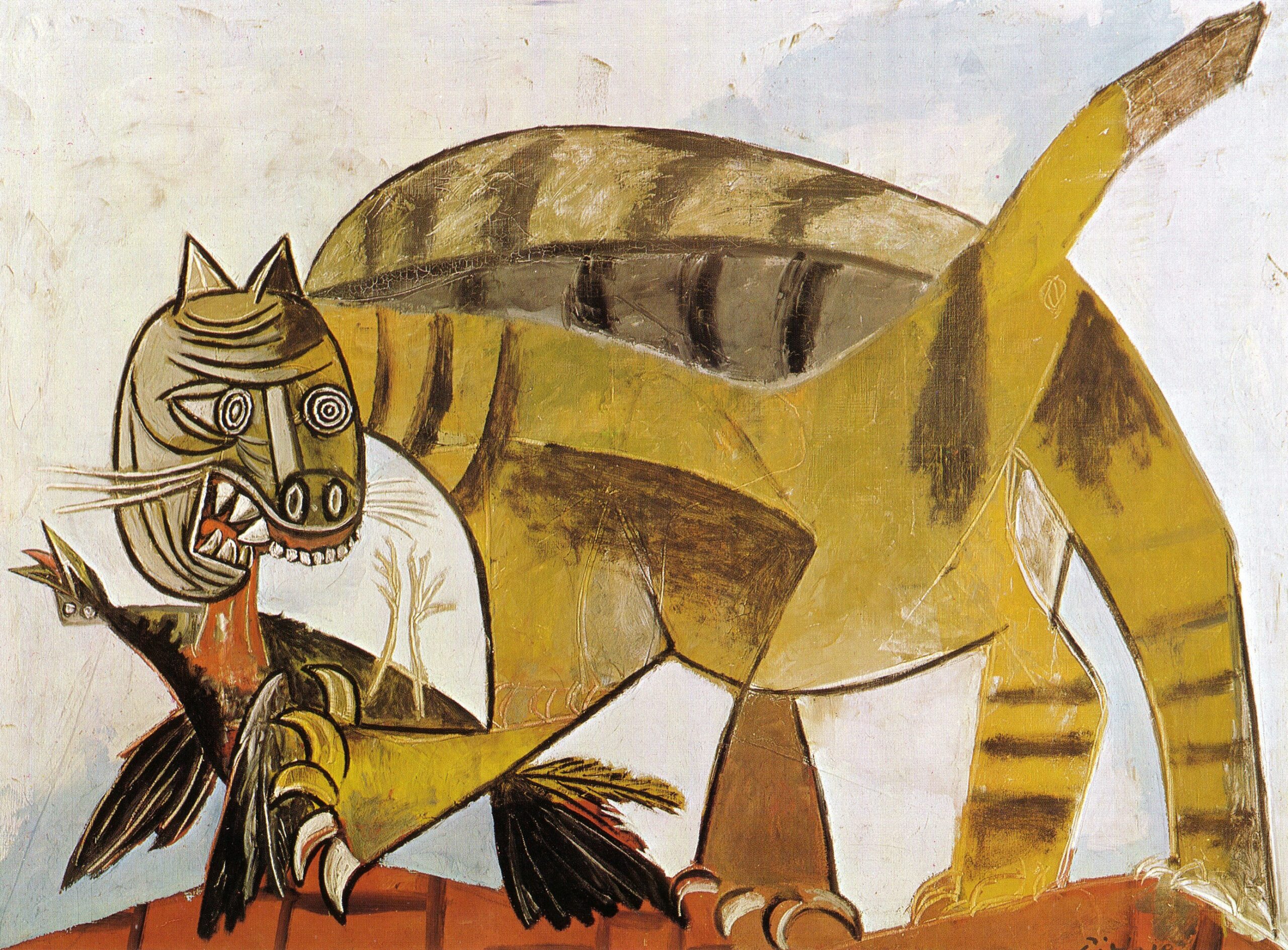
What is Lacanian Psychoanalysis?
Lacanian psychoanalysis is a form of psychoanalytic theory and practice based on the work of French psychoanalyst Jacques Lacan. Lacan’s approach built upon and reinterpreted the ideas of Sigmund Freud, focusing on the role of language and the unconscious in the formation of the self.
Lacanian theory posits three fundamental registers: the Imaginary, the Symbolic, and the Real. The Imaginary refers to the realm of images, imagination and deception. The Symbolic is the realm of language, symbols, and social structures that shape our identities. The Real is the unknowable, unrepresentable domain beyond language.
Key concepts in Lacanian theory include the mirror stage, in which an infant first misrecognizes itself in a mirror and develops an illusory sense of wholeness; the Name-of-the-Father, the symbolic function that introduces the child into the social order; and jouissance, a transgressive enjoyment linked to the death drive.
How did Jacques Lacan and Slavoj Žižek use Freud’s theories?
Jacques Lacan’s work was deeply influenced by Freud, but he sought to reinterpret Freudian concepts through the lens of structuralist and post-structuralist thought, particularly Ferdinand de Saussure’s linguistics. Lacan emphasized the role of language in the unconscious, famously declaring that “the unconscious is structured like a language.”
Lacan reinterpreted many of Freud’s key ideas. For example, he reconceptualized Freud’s Oedipus complex in linguistic terms, arguing that the Name-of-the-Father (a symbolic position, not necessarily the biological father) represents the prohibitive function that allows the child to enter the social order.
Slovenian philosopher Slavoj Žižek has been a prominent interpreter of Lacan’s ideas. Žižek uses Lacanian concepts to analyze ideology, politics, and popular culture. He argues that ideology functions at the level of the unconscious and that political struggle is ultimately rooted in the tension between the Symbolic order and the unrepresentable Real.
Both Lacan and Žižek emphasize the limitations and instability of the ego, in contrast to the American ego psychology tradition. They see the goal of psychoanalysis not as strengthening the ego, but as confronting the subject with the radical negativity at the core of their being.
Is Lacanian Psychoanalysis Evidence-Based?
Lacanian psychoanalysis, like most psychodynamic therapies, has been critiqued for lacking empirical support. Lacan himself was skeptical of attempts to reduce psychoanalysis to a science, emphasizing the singularity of each analysand’s experience.
However, some researchers have attempted to study Lacanian concepts empirically. For example, studies have used neuroimaging to investigate Lacanian ideas about the mirror stage and the formation of the ego.
Ultimately, the evidence base for Lacanian psychoanalysis is limited compared to cognitive-behavioral and other empirically-validated therapies. Its value may lie more in its conceptual richness and its ability to provide a language for exploring the complexities of the human psyche.
What Psychotherapy Models is Lacanian Psychoanalysis Similar To?
Lacanian psychoanalysis shares some common ground with other psychodynamic therapies, particularly those influenced by Freud. However, it differs in its emphasis on language, its critique of ego psychology, and its engagement with philosophy and cultural theory.
Some specific overlaps and influences include:
- Freudian psychoanalysis: Lacan built his theory on a return to Freud, although he radically reinterpreted many Freudian concepts.
- Object relations theory: While Lacan critiqued object relations, his concept of the Imaginary has some parallels with object relations’ emphasis on early relationships and mental representations.
- Jungian psychology: Lacan’s ideas about the Symbolic order resonate with Jung’s concept of the collective unconscious, although Lacan rejected Jung’s notion of archetypes.
- Existential psychotherapy: Lacan’s emphasis on the subject’s confrontation with lack and the limits of meaning has existential undertones.
- Postmodern and deconstructive approaches: Lacan’s theory has been influential in postmodern and deconstructive thought, with its emphasis on the instability of the self and the limits of language.
Core Assumptions and Tenets of Lacanian Psychoanalysis
- The unconscious is structured like a language. Repressed desires and traumatic experiences are encoded in the chains of signifiers that constitute the unconscious.
- The self is fundamentally split and alienated. The ego is formed through a misrecognition in the mirror stage and is always haunted by a lack.
- Desire is the core of human subjectivity. Desire is always the desire of the Other – we desire what we believe others desire or what will make us desirable to others.
- Language constitutes our social reality. We are born into a pre-existing symbolic order that shapes our identities and desires.
- Jouissance, an excess of enjoyment linked to the death drive, transgresses the limits of the pleasure principle and the symbolic order.
- The goal of psychoanalysis is not to strengthen the ego, but to confront the analysand with the fundamental lack and radical negativity at the core of their being.
Jacques Lacan: Biography and Influences
Jacques Lacan (1901-1981) was a French psychoanalyst and psychiatrist who is best known for his influential reinterpretation of Freudian theory.
Lacan began his career as a psychiatrist in the 1920s, but became increasingly interested in psychoanalysis. He underwent analysis with Rudolph Loewenstein, a leading French psychoanalyst, and presented his first analytical paper at the International Psychoanalytical Congress in 1936.
In the 1950s, Lacan began his famous seminars, which attracted a wide range of intellectuals and artists. His ideas gained influence in the 1960s and 1970s, particularly in the fields of film theory, literary criticism, and cultural studies.
Lacan was influenced by a range of thinkers, including:
- Sigmund Freud: Lacan’s “return to Freud” sought to rescue psychoanalysis from what he saw as the deviations of ego psychology and object relations theory.
- Ferdinand de Saussure: Lacan drew on Saussure’s structural linguistics to theorize the unconscious as structured like a language.
- Claude Lévi-Strauss: Lacan was influenced by Lévi-Strauss’s structural anthropology and his analysis of kinship systems and myth.
- Martin Heidegger: Lacan’s concept of the Real has resonances with Heidegger’s notion of Being.
- Georg Wilhelm Friedrich Hegel: Lacan drew on Hegel’s dialectics, particularly the master-slave dialectic, in his theory of desire.
Cultural and Economic Context of Lacanian Psychoanalysis
Lacan’s rise to prominence in the 1960s and 1970s occurred in the context of major cultural and political shifts. The May 1968 student protests in France, which Lacan initially supported, reflected a broader challenge to traditional authority and a desire for liberation.
In this context, Lacan’s emphasis on the alienating effects of language and social structures, and his critique of the autonomous ego, resonated with the countercultural spirit of the times. His ideas were taken up by thinkers associated with poststructuralism and deconstruction, such as Michel Foucault and Jacques Derrida.
At the same time, the 1960s and 1970s saw a decline in the influence of psychoanalysis in the United States, with the rise of behaviorism and biological psychiatry. Lacanian psychoanalysis offered a way of rethinking psychoanalysis that engaged with contemporary philosophy and cultural theory.
Timeline of Lacanian Psychoanalysis
- 1901: Jacques Lacan born in Paris.
- 1932: Lacan publishes his doctoral thesis, “On Paranoiac Psychosis in its Relations to the Personality”.
- 1936: Lacan presents his first analytic paper, “The Mirror Stage,” at the International Psychoanalytical Congress in Marienbad.
- 1953: Lacan begins his public seminars at the Hôpital Sainte-Anne in Paris.
- 1960s: Lacan’s ideas gain influence in intellectual circles, particularly after the publication of his Écrits in 1966.
- 1964: Lacan founds the École Freudienne de Paris (EFP), after being expelled from the International Psychoanalytical Association.
- 1968: Lacan initially supports the May 1968 student protests in France.
- 1969-1970: Lacan’s seminar “The Other Side of Psychoanalysis” introduces the concept of the four discourses (Master, University, Hysteric, Analyst).
- 1972-1973: Lacan’s seminar “Encore” develops his ideas about feminine sexuality and jouissance.
- 1980: Lacan dissolves the EFP and founds the École de la Cause Freudienne.
- 1981: Lacan dies in Paris on September 9.
- 1990s-present: Lacanian psychoanalysis continues to be developed by analysts such as Jacques-Alain Miller and to influence philosophy, literary theory, and film studies through thinkers such as Slavoj Žižek and Alain Badiou.
Lacanian Perspectives on Trauma, the Unconscious, and the Self
Lacan’s theory offers a distinctive perspective on trauma, the unconscious, and the formation of the self.
For Lacan, trauma is not simply a distressing event, but an encounter with the Real – that which cannot be symbolized or integrated into the symbolic order. Trauma disrupts the subject’s fantasy of wholeness and confronts them with the fundamental lack at the core of their being.
The unconscious, in Lacan’s view, is not a seething cauldron of repressed drives (as in classical Freudian theory), but is structured like a language. Unconscious desires and traumatic experiences are encoded in signifying chains, which can be deciphered through the analytic process.
The self, or the ego, is not a unified, autonomous entity, but is fundamentally split and alienated. It is formed through a misrecognition in the mirror stage, when the infant identifies with an external image and develops an illusory sense of mastery and wholeness. This imaginary self is always haunted by a lack, a void that can never be filled.
Lacanian Techniques and Interventions
Lacanian psychoanalysis employs a range of distinctive techniques and interventions, including:
- Free association: As in classical psychoanalysis, analysands are encouraged to say whatever comes to mind, without censorship.
- Punctuation: The analyst may punctuate the analysand’s speech with questions, silences, or interpretations, in order to draw attention to significant signifiers or moments of blockage.
- Scansion: The analyst may also scan the analysand’s speech for homophonic puns or slips of the tongue (parapraxes), which are seen as revealing unconscious truths.
- Interpretation: Lacanian interpretations aim to disrupt the analysand’s imaginary identifications and confront them with their unconscious desire and the lack at the core of their being.
- The cut: The analyst may abruptly end a session at a significant moment, in order to prevent the analysand from assimilating the material back into their ego defenses.
- The pass: In Lacan’s later work, he developed the idea of the pass, a procedure by which an analysand could testify to the transformative effects of their analysis before a committee of analysts.
Goals and Stages of Lacanian Treatment
The ultimate goal of Lacanian psychoanalysis is not the strengthening of the ego or the achievement of a stable sense of self, but rather the confrontation with the fundamental lack and the traversal of the fantasy that sustains the ego.
Lacan outlined three stages of the analytic process:
- Imaginary stage: In the early stages of analysis, the focus is on the analysand’s imaginary identifications and the ways in which they are structured by the ego’s illusions of wholeness and mastery.
- Symbolic stage: As the analysis progresses, the focus shifts to the analysand’s position in the symbolic order, the ways in which their desire is structured by language and the Law.
- Real stage: In the final stage of analysis, the analysand confronts the Real, the unsymbolizable kernel at the core of their being. This confrontation involves the traversal of the fundamental fantasy that has sustained their sense of self.
The Uniqueness and Relevance of Lacanian Psychoanalysis
Lacanian psychoanalysis offers a unique perspective on the human psyche that challenges many of the assumptions of mainstream psychology and psychotherapy. Its emphasis on language, desire, and the split nature of the subject provides a rich conceptual framework for exploring the complexities of human experience.
While Lacanian theory can be difficult and abstruse, many of its insights are relevant to contemporary clinical practice. The Lacanian emphasis on the singularity of each analysand’s experience, the importance of the symbolic order in shaping subjectivity, and the need to confront the fundamental lack at the core of the human condition, can enrich any therapeutic approach.
Moreover, Lacanian concepts such as the mirror stage, the Name-of-the-Father, and jouissance have proved generative for fields beyond psychoanalysis, influencing literary theory, film studies, political theory, and philosophy.
In an era where quick fixes and ego-boosting are often prioritized, Lacanian psychoanalysis offers a challenging but potentially transformative exploration of the human psyche in all its complexity and contradiction.
Bibliography and Further Reading
- Evans, D. (1996). An Introductory Dictionary of Lacanian Psychoanalysis. London: Routledge.
- Fink, B. (1997). A Clinical Introduction to Lacanian Psychoanalysis: Theory and Technique. Harvard University Press.
- Lacan, J. (1977). Écrits: A Selection. London: Tavistock.
- Lacan, J. (1988). The Seminar of Jacques Lacan: Book I, Freud’s Papers on Technique, 1953-1954. New York: W.W. Norton.
- Lacan, J. (1998). The Seminar of Jacques Lacan: Book XI, The Four Fundamental Concepts of Psychoanalysis, 1964. New York: W.W. Norton.
- Miller, J. A. (1998). The Lacanian Subject. Princeton University Press.
- Nobus, D. (2000). Jacques Lacan and the Freudian Practice of Psychoanalysis. London: Routledge.
- Žižek, S. (1989). The Sublime Object of Ideology. London: Verso.
- Žižek, S. (2006). How to Read Lacan. London: Granta Books.


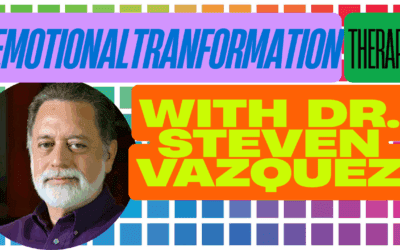





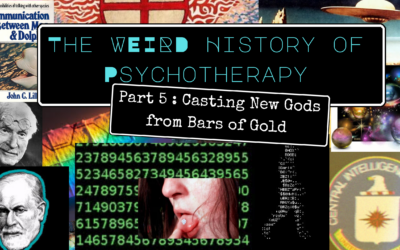
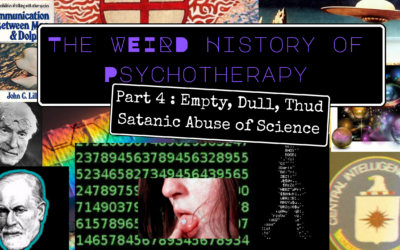
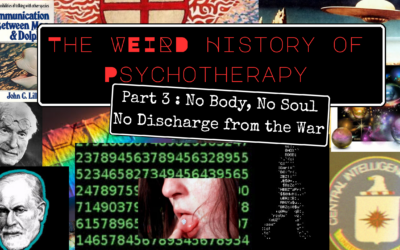
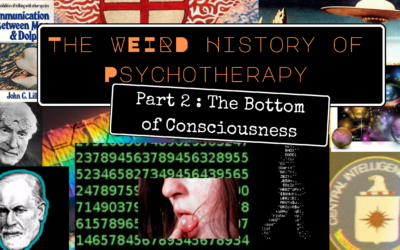
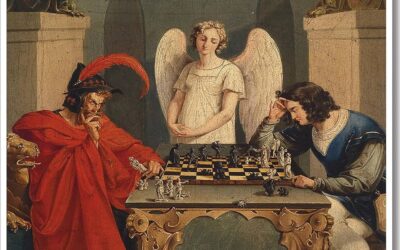
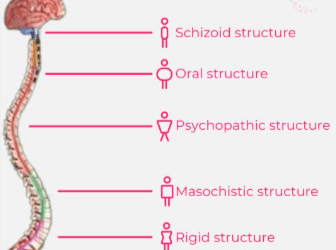



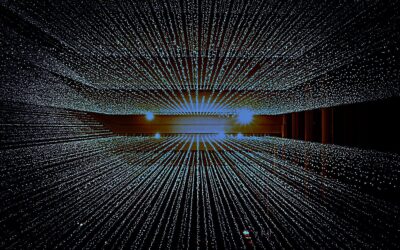

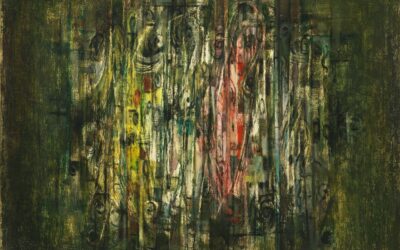
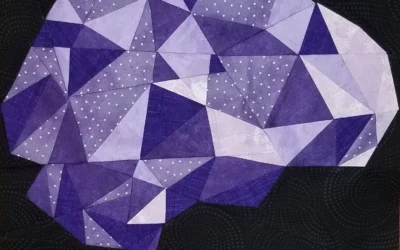
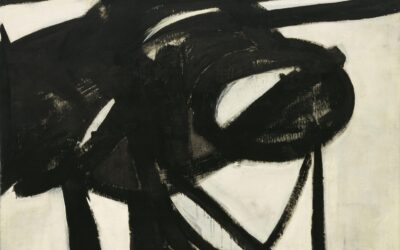

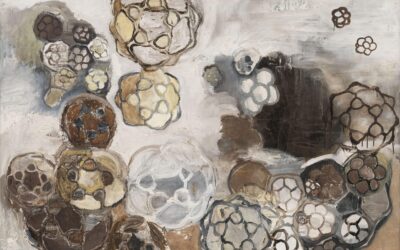
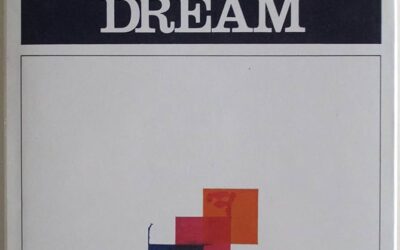
0 Comments